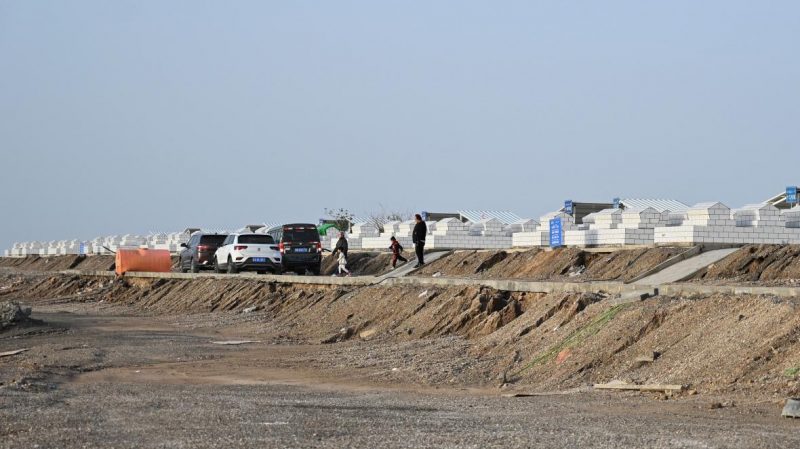Catherine Philp Saturday July 25 2020, 12.01am, The Times

As contact with his family in China dwindled and ethnic Uighurs fleeing Xinjiang brought disturbing stories, Aziz Isa Elkun, a poet, academic and activist who lives in London, began speaking out about their plight.
Using Google Earth, he tracked down the site where his father was buried in 2017; the cemetery had been demolished, seemingly part of a pattern of erasing Uighur culture. CNN ran a story about the apparent destruction of more than 100 Uighur graveyards, featuring Mr Elkun and his story.
Days later CGTN, the international arm of the Chinese state broadcaster, interviewed Mr Elkun’s frail mother. She led a crew through a new “eco-friendly” cemetery. “We voluntarily applied to move the old grave here,” she said.
Continue reading: The Times


